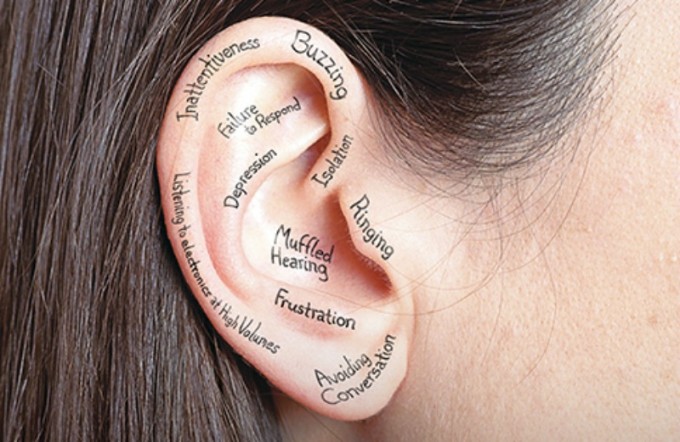Identify the Signs: Communication Disorders
Ruth A. Crowley, M.S., CCC-SLP, is the Director of the Speech-Language-Hearing Department at Franciscan Hospital for Children. If you have questions, or to refer your child for a speech-language, feeding team, video swallowing study, or augmentative communication evaluation, please call 617-254-3800 x5220 or email info@fhfc.org. To refer your child for an audiology evaluation, please call 617-254-3800 x5110.

In honor of May being Better Hearing and Speech Month, I wanted to share information and resources with parents and others to help them recognize when a child might have a communication problem.
Did you know that 8 to 9% of young children have speech disorders and the majority of parents are unaware of early warning signs? Without early detection, treatment takes longer and untreated communication problems can lead to larger academic, social, and developmental issues. It should not be assumed that a child will “outgrow” a communication problem. For ages 12 to 19 years, 1 in 5 have some type of hearing loss, up 31% compared to 25 years ago.
A campaign was recently launched by the American Speech-Language-Hearing Association (ASHA) called “Identify the Signs.” This campaign is designed to help people recognize the early warning signs of communication disorders in children and adults.
Warning signs of communication disorders in children can include:
- Does not babble using consonant sounds (4-7 months)
- Makes only a few sounds or gestures like pointing (7-12 months)
- Does not understand what others say (7 months-2 years)
- Says only a few words (12-18 months)
- Words are not easily understood (18 months-2 years)
- Does not put two words together by 2 years
- Has trouble playing and talking with other children (2-3 years)
Here are some simple ways that you can help your child in the early stages of their development:
- Listen and respond to your child
- Talk, read, and play with your child
- Talk with your child in the language you are most comfortable using
- Know it is fine to teach your child to speak a second language
- Talk about what you are doing and what your child is doing
- Use many different words with your child
- Use longer sentences as your child becomes older
- Have your child play with other children
As an ASHA member and Speech-Language Pathologist, I encourage you to visit IdentifyTheSigns.org to learn more about the signs of communication disorders. You will find easy-to-navigate information about:
- What parents should look for in the communication development of young children
- How to identify the signs of hearing loss
- Other signs of various communication disorders that affect all ages
If you have questions or concerns about your child’s development, seek an assessment by a certified speech-language pathologist or audiologist. An evaluation can confirm that treatment or services are needed or put a parent’s mind at ease if the results indicate a child’s skills are typical for their age.
View All Blog Stories